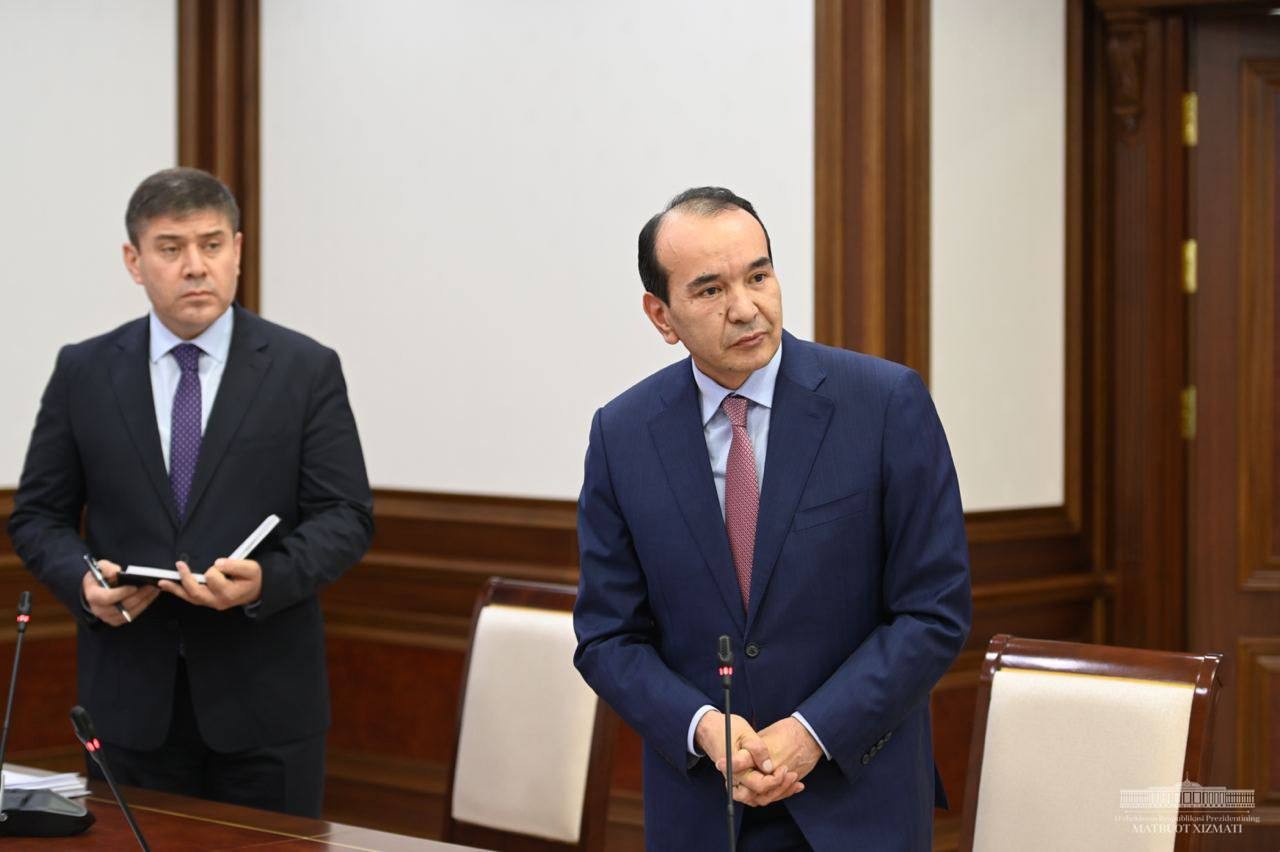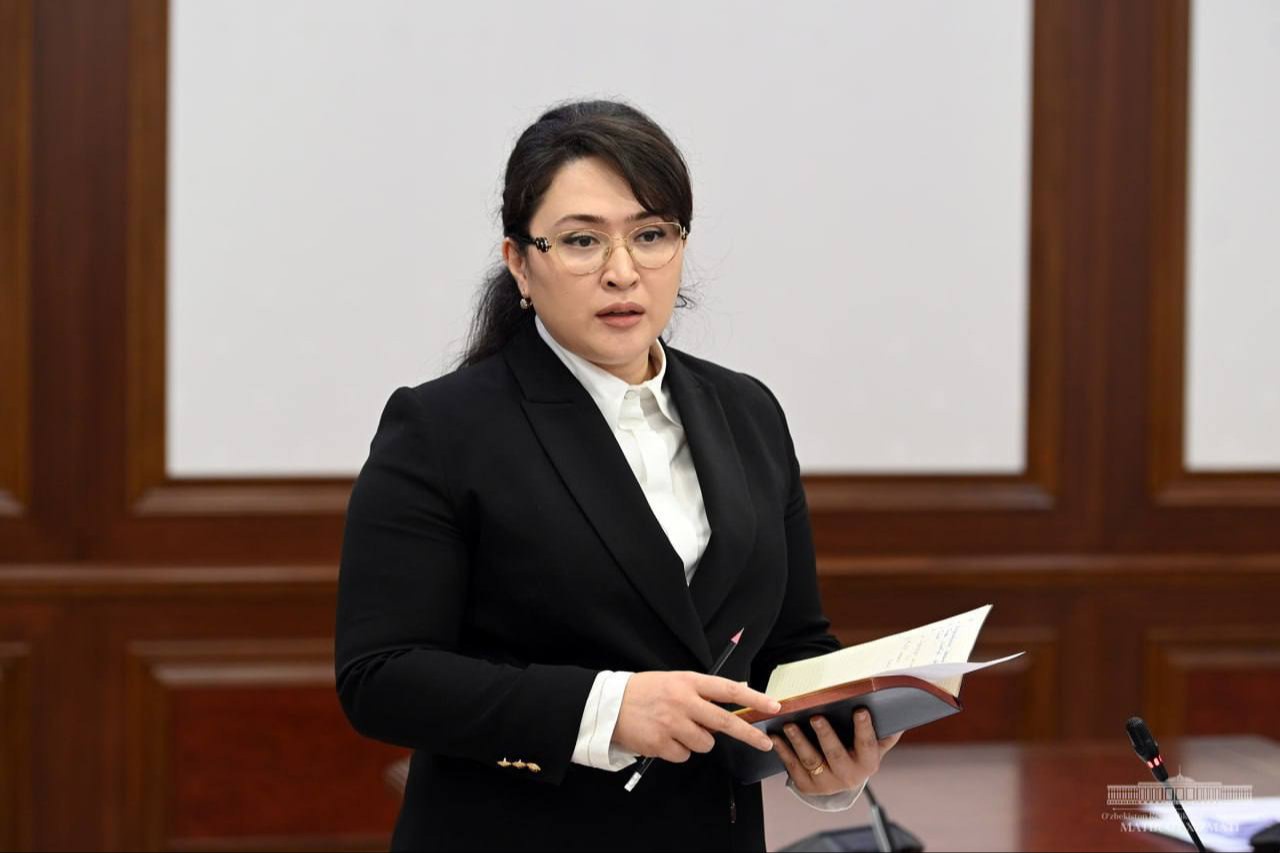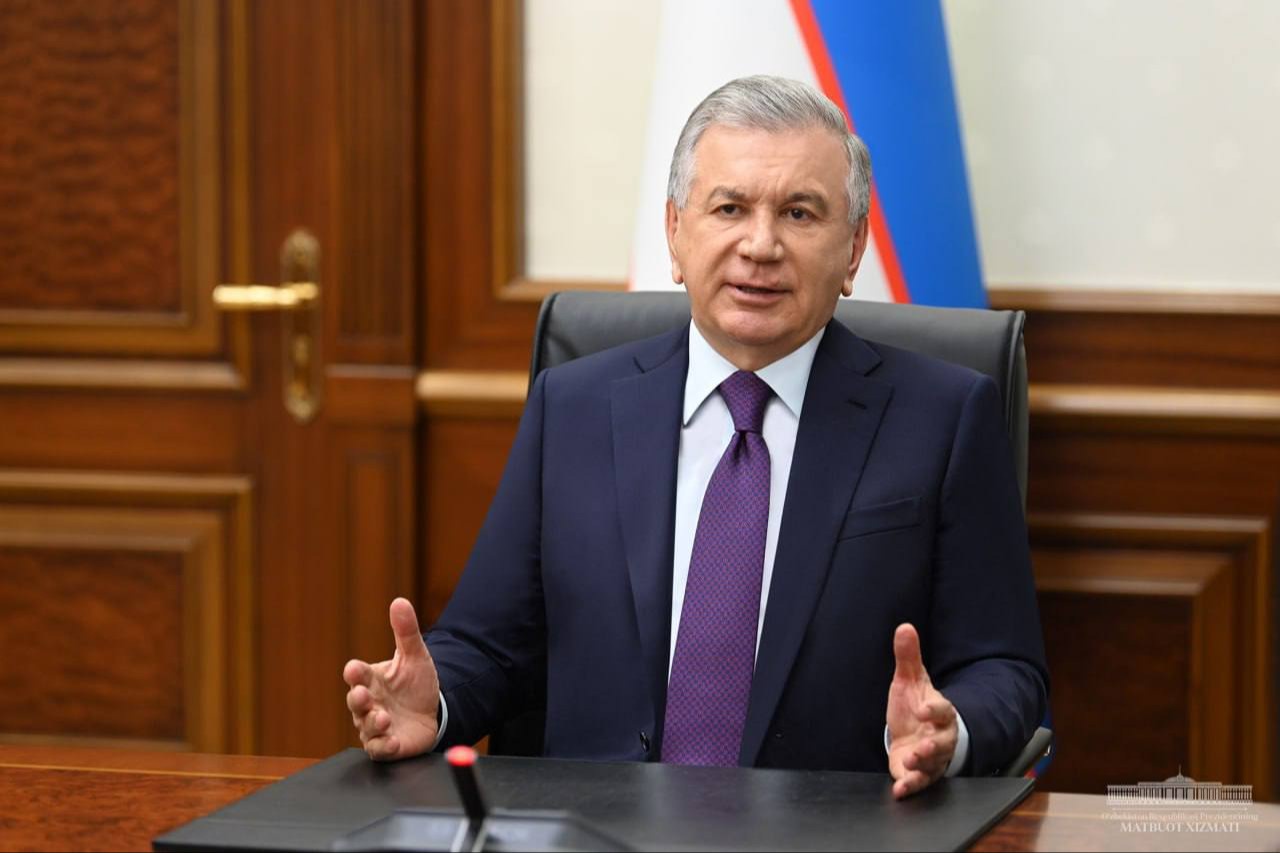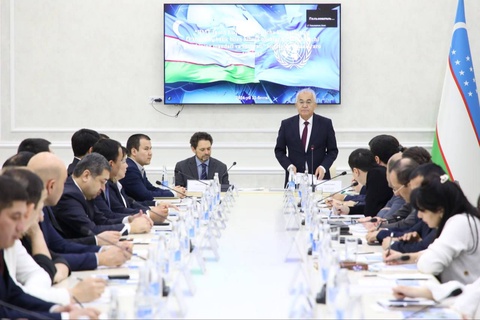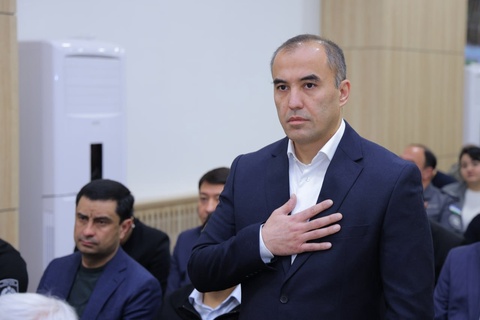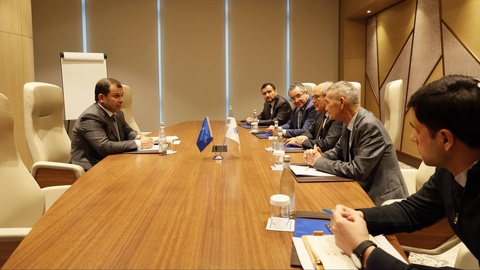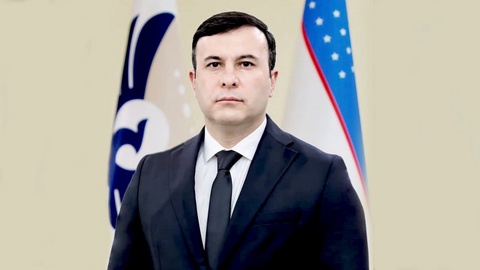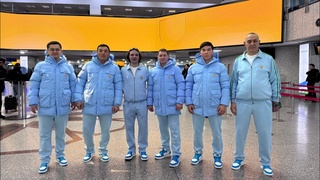The Uzbekistan 2030 Strategy prioritizes educational system reforms. These transformations affect general and specialized education institutions. In particular, there are 14 Presidential schools, 9 creative schools, and 182 specialized schools in Uzbekistan.
Based on the experience of past years and modern requirements, it is planned to improve the areas of these educational institutions.
In particular, it is proposed that engineering programs be introduced on an experimental basis in the specialized school named after Mirzo Ulugbek in cooperation with the Technical University of Munich. This program will be integrated with the New Uzbekistan University program, and students who have accumulated enough “credits” at school can continue their studies in their second year at the university.
To widely use the capabilities of highly qualified teachers, public “academic councils” will be created under the Agency of Presidential Educational Institutions. These councils will develop the curriculum, improve the assessment system, and improve teachers’ professional skills.
Plans were also announced to introduce English teaching in 14 schools from the beginning of the next academic year and to construct 8 new specialized schools in 2025-2026.
There are also proposals for creative schools. In particular, they will organize masterclasses with the participation of famous writers and public figures. The publication of students’ creative works will be organized at the expense of the Writers Union. Various competitions will be held to support talented youth.
Subject Olympiads play an essential role in improving the quality of education. In recent years, thanks to introducing a system of worthy rewards for winners, the desire for knowledge has increased. Schoolchildren participating in the “Big Five” international subject Olympiads began to win medals twice as often. Uzbekistan hosted international Olympiads named after Al-Ferghani, Beruni, and Mendeleyev.
To raise this work to a new level, creating a Center for preparing students for subject Olympiads was proposed. Leading scientists and foreign specialists will be involved in it. Each student will be purposefully trained according to an individual development program.
A system of rewarding the national team leader based on the final results of participation in international Olympiads will be introduced. A unified calendar of Olympiads and a training system covering all subject Olympiads are being created. Additional psychological training and joint training camps with other teams will be added to the training program.
The issue of introducing a transparent and objective system for assessing student knowledge was also discussed. Nowadays, knowledge assessment differs in different schools, as does the level of questions on exam papers. According to the requirements of international testing, the complexity of all question options must be the same.
Therefore, students’ knowledge of the final school exams was proposed to be assessed based on the uniform test materials. Examination tasks will be translated into written and practical forms, a procedure for checking answers through a special platform will be introduced, and questions will be regularly updated.
Another important innovation is that during final school exams, students can choose a subject that corresponds to the entrance examinations to higher education institutions.
The Head of state instructed that the general secondary education system be taken to a new level and ensure its harmony with higher education.
Special attention at the presentation was paid to issues of broad promotion of culture in education and other areas. The need to develop a love for art in the younger generation, starting from school and higher education institutions, was emphasized.
In this regard, it was proposed that instead of the subject “Fine Arts and Drawing”, the curricula of creative schools include the subject “Art”, which will cover not only drawing, but also painting, handicrafts, cinematography, sculpture and design.
The importance of interaction between university structures responsible for cultural issues and the Ministry of Culture, bringing to youth the heritage of the art of maqom, bakhshi, and theater was noted.
In addition, ensembles will be created at large enterprises and clusters, and concerts and cultural days will be held in mahallas and schools.


